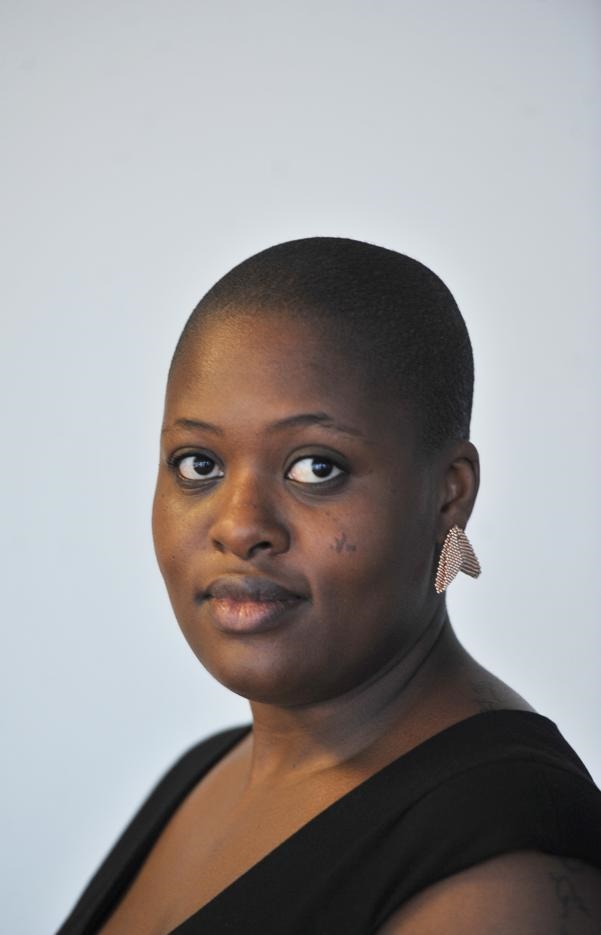
Perhaps the most jarring aspect about the demands for better working and living conditions for the most vulnerable and disenfranchised in the country is that they have not improved at all since the devastating Marikana massacre four years ago.
There are critical questions that those working in the media should ask about our contributions to public discourses that continue to feed into narratives that are dominantly anti-poor, anti-black and sexist (whether we intend for them to be or not).
This relates particularly to the millions in this country who are part of the working poor – a large proportion who are working, but barely making a living, and who are often and repeatedly told to just be grateful they are able to work.
The events before and after the Marikana massacre highlighted the shortcomings of many a news outlet, which generally lacked a diversity of voices and had difficulty understanding and reporting on the nuances at play.
A recent study of commercial news reporting about the events at Marikana by Ylva Rodny-Gumede of the University of Johannesburg asserts that “the reporting of the massacre was characterised by sensationalised coverage and polarisation of views, and this was particularly true when it came to coverage of the two main mining unions”.
“The coverage neglected to factor in alternative views, including those of the protesting miners themselves.
“Instead, the news media became a loudspeaker for powerful interests in the South African political and socioeconomic nexus, neglecting fundamental problems underlining labour relations in South Africa.
“Journalists trumped up conflicts and polarisations, further exacerbating rifts between the various stakeholders.”
Many newsrooms went for tried-and-tested lenses through which to view the demand for better working and living conditions, many of which are premised on accepting the mass exploitation of cheapened black labour as the norm.
They often hide behind “the markets” when repeating the more popular views and ideas that already get the most airtime.
Four years on and the voices of big men continue to dominate discourse, even as women bear the brunt of loss of income, lack of decent and safe working and living conditions, and service delivery most acutely.
Four years on and industrial action continues to be framed as a frequent inconvenience, instead of asking why the issues raised fail to be addressed and why repeated industrial action is the only conduit for these concerns.




 Publications
Publications
 Partners
Partners








